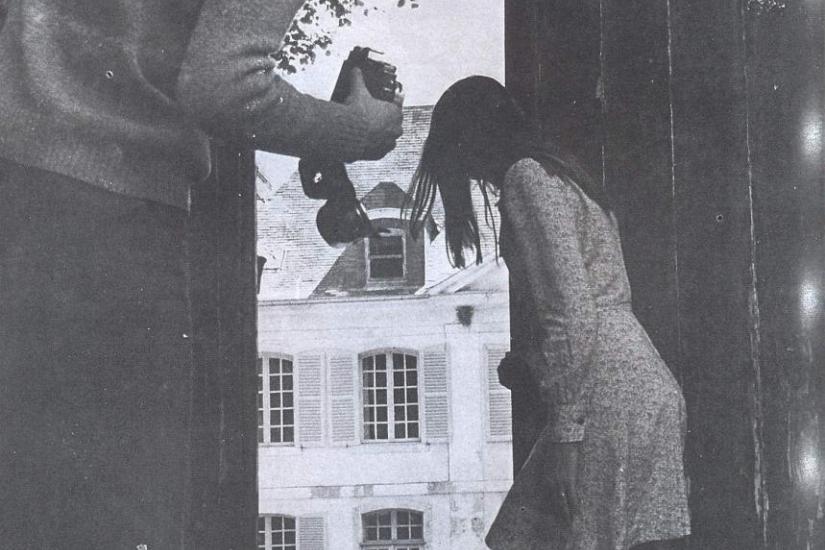
In one of his last books Umberto Eco discussed the “infinity of lists” produced by Western culture. In this lecture I shift the focus to the ubiquity of the list as a dominant cultural form of global modernity—and more specifically the list of cultural goods falling in the category of “heritage”. The list or inventory of cultural goods is indeed an unavoidable staple of contemporary cultural heritage policies. Every national heritage policy today is likely to rest on the preliminary drafting of such “reasoned lists” of objects and sites. At the international level too, lists of candidate and designated sites are the core regulatory instrument required and promoted by the World Heritage (WH) and the Intangible Cultural Heritage (ICH) Conventions. I offer an overview of the genesis of the heritage list as a policy tool, from the world of collecting in early modern Europe; to its adoption and diffusion as a tool of cultural governance throughout the 19th Century state system; its adoption as the center piece of international regulations after WWII; and finally its (contested) spread, via this international system, to the national and local levels. Rather than being born only or mostly by the cumulative and speculative spirit of capitalism as some have argued, I show that the heritage list is the institutional product of a long term process of diffusion, via transnational networks of politicians, policy makers, and scientists, of a primitive form of symbolic accumulation that is native to the world of collecting.
Alexandra Kowalski is Assistant Professor in the department of Sociology and Social Anthropology and in CEU’s Cultural Heritage program.